

Margery Kempe
By Robert Gluck
Introduction by Colm Toibin
By Robert Gluck
Introduction by Colm Toibin
By Robert Gluck
Introduction by Colm Toibin
By Robert Gluck
Introduction by Colm Toibin
Category: Literary Fiction
Category: Literary Fiction

-
$16.95
Mar 10, 2020 | ISBN 9781681374314
-
Mar 10, 2020 | ISBN 9781681374321
YOU MAY ALSO LIKE

The War of Don Emmanuel’s Nether Parts

Dona Flor and Her Two Husbands

Only Revolutions
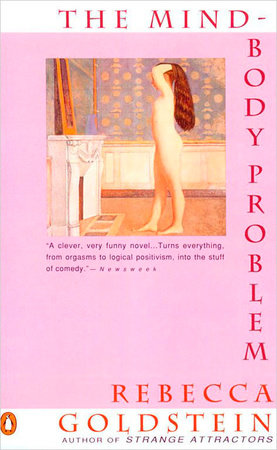
The Mind-Body Problem
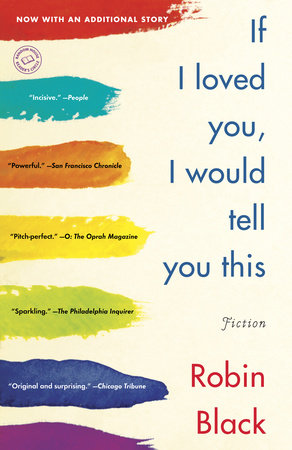
If I Loved You, I Would Tell You This
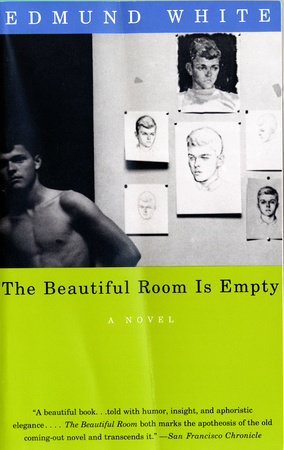
The Beautiful Room Is Empty
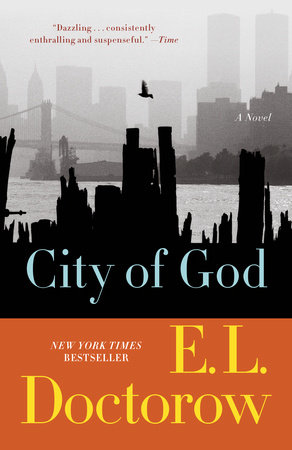
City of God
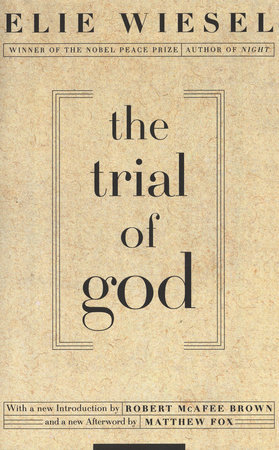
The Trial of God
Praise
“At once embracing and thwarting two worlds, two centuries, two sensibilities, what a subtle and powerful amalgam is Margery! Gluck’s exquisitely controlled, sensuously textured writing evokes a deeply integrated ecstatic vision that in the end spares us nothing—being nuanced and brutal, passionate and colored with levity, elegant and outrageous.” —Lydia Davis
“Glück’s story about Margery . . . is like falling upward into a long dream about sex and Jesus, in Glück’s hands a spectacle, visceral and sublime. . . . By the end, Margery Kempe felt to me like a mingling of Vita Sackville-West’s biography of Joan of Arc and the sort of pulp gay erotic fiction I found in porn stores in the 1980s—the illustrated covers feathery from years of being held, read, and put down—and yet also somehow firmly within the tradition of any mural on any church or cathedral in Florence.” —Alexander Chee, Bookforum
“I, for one, find much to admire in contemporary gay authors. One of my favorites is Robert Glück.” —Edmund White
“Margery Kempe is a little-known late-twentieth-century classic, counterpoising sexual mores in the wake of the AIDS epidemic with the devastation of the European countryside at the end of the Hundred Years’ War. Glück is an acute and unsentimental observer of gestures, botany, skies, and cuisine. He captures the feeling and flow of the late Middle Ages, when ‘mobility and chance were beginning,’ and brings that world close to his own. Glück brilliantly locates the (New Narrative) impulse toward first-person narration in time and despair. He observes the turning of centuries. As he writes, ‘Margery steps into modernity so empty she needs an autobiography.'” —Chris Kraus, Bookforum
“Glück’s most beautiful work of fiction . . . The novel stands alone in Glück’s oeuvre, not for its wildness—his lucid, precise descriptions of sex distinguish each of his four volumes of fiction—but for its ambiguity. . . . The sense of sex as the summation of many minds and bodies, deeply personal in origin yet ultimately unmoored from the baggage of individual preference, makes moments in this often disturbing book gleam with the feeling of utopia.” —Daniel Felsenthal, The Baffler
“The writing is lovely. With the subtlety of the obvious, Glück collapses the centuries that separate the two storylines and zips up the space between erotic and religious devotion. Margery’s orgasms are God-given, a mingling of godhead and maiden, an ecstasy of body and spirit. Aren’t most of us as mystified by our sexuality as we are by divinity? Why not consider the former with the awe we reserve for the latter?” —Julia Berick, The Paris Review
“By the bold device of telling two stories in terms of each other (one of Margery Kempe and Jesus, and the other of a twentieth-century love affair), Robert Glück has produced a book without precedent. This novel brings to mind the huge wings of a painted angel—a texture of brilliant richness covered regularly with small, detailed shadows of implication.” —Thom Gunn
“Margery Kempe [is] a touchstone of queer experimental writing. . . . The religious scaffolding is not simply an allegorical means of relating a love story, but a structure of feeling appropriate to the ravages of contemporary experience.” —Cam Scott, Berfrois
“In some ways, the style of this novel resembles the terse, declarative expository prose that is taught as best practice in some MFA programs. Here, however, the accumulation of detail does not lend Glück’s text a neutral perspective. Instead, every detail is fused with, and compromised by, the desire which spans over the entire observational field.” —Will Hall, Full Stop
21 Books You’ve Been Meaning to Read
Just for joining you’ll get personalized recommendations on your dashboard daily and features only for members.
Find Out More Join Now Sign In











